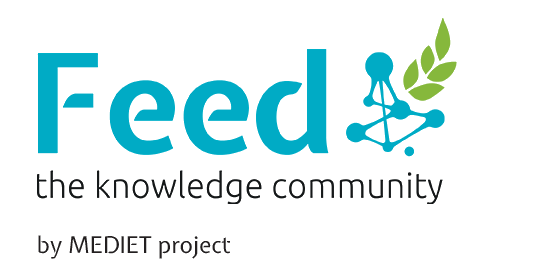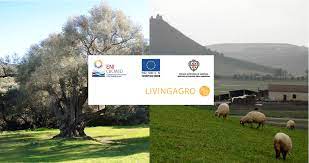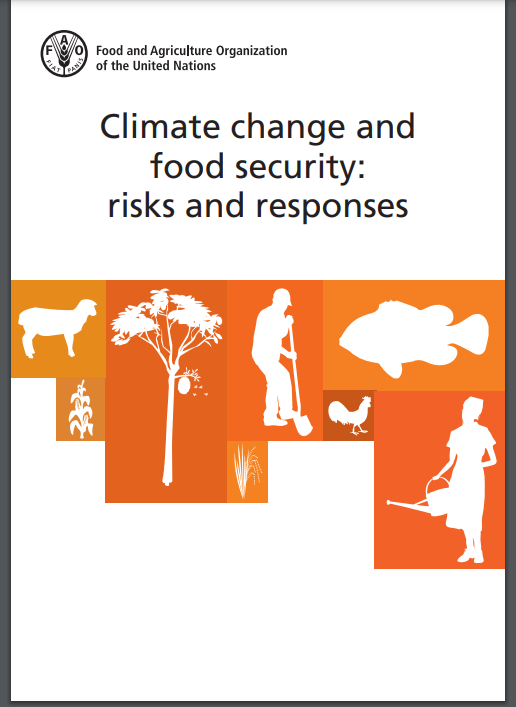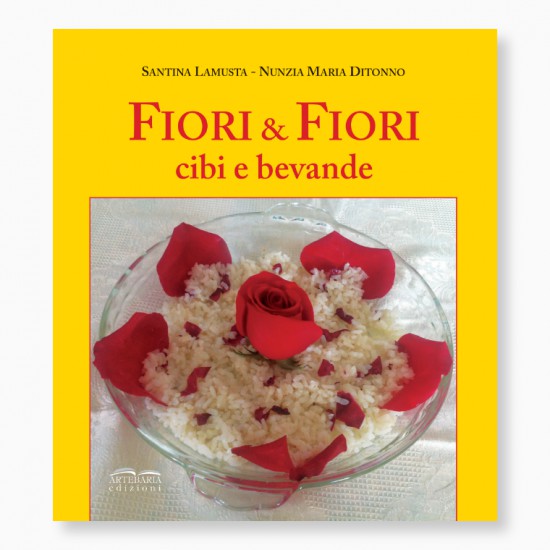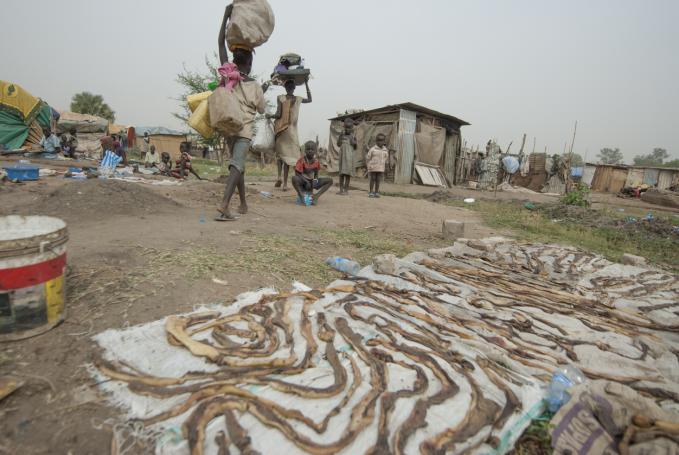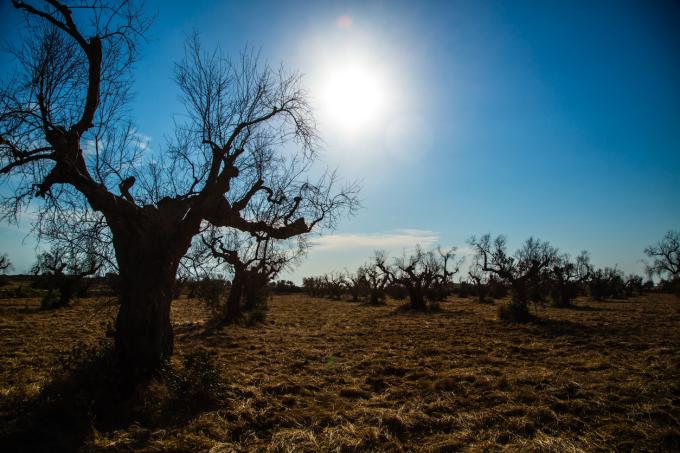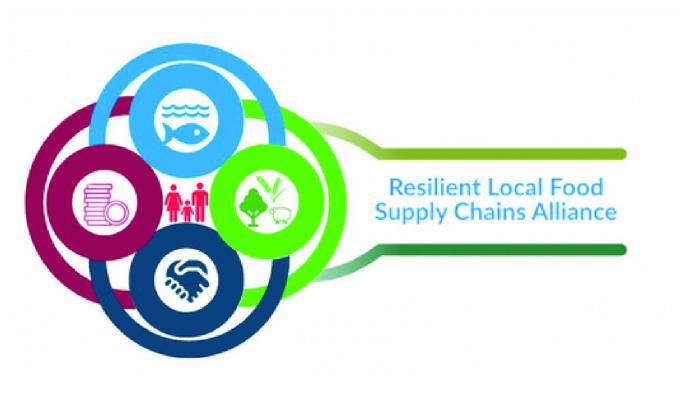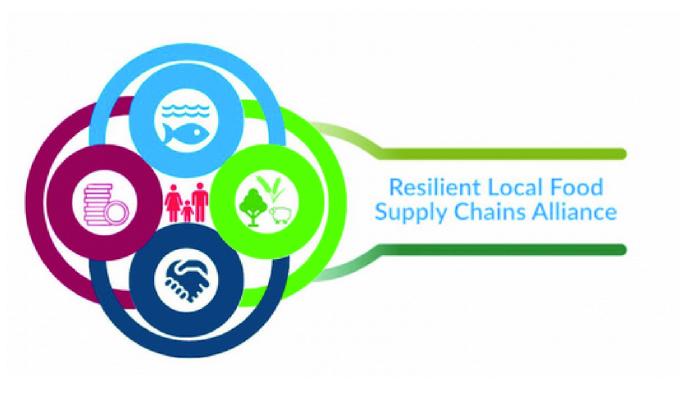Period
2017 - in progress
Mauritania, vulnerable to climate change, faces food crises due to erratic rainfall and dependence on imports. Agroecology emerges as a crucial strategy for food self-sufficiency. Bakary Mangassouba plantation, through agroecological practices, transforms sandy lands into productive fields, growing organic fruits and vegetables such as bananas, grapes, citrus fruits, carrots, cassava, papaya, and mangoes. This initiative sustains local food production and empowers women and the whole local population, offering a model for resilience in Mauritania.
You must be registered to see all the content
Identification needs
Mauritania is particularly vulnerable to climatic conditions due to its location, Sahara and Sahel, and the dependence of its population and economy on rain-fed agriculture and pastoralism. In 2018 and 2019, a significant rainfall deficit and poor spatial and temporal distribution of rainfall caused the 2018-2019 agro-pastoral campaign to be seriously affected.In Mauritania, agricultural production barely feeds half the population. In fact, the country is dependent on imports: more than 70% of food comes from Morocco and Senegal. In 2020, Mauritania experienced a serious food crisis. Staple foods are running out and prices are skyrocketing. To promote food self-sufficiency, agroecology appears to be a vital issue. This development model allows families to feed themselves, sell their surplus and offer healthy, local food.
Stakeholder change
Bakary works the land by adopting agroecological practices. He succeeded in transforming this sandy land into a veritable lush oasis. He grows a variety of organic fruits and vegetables: bananas, grapes, citrus fruits, carrots, cassava, papayas. Driven by the desire to pass on his knowledge, he now trains young apprentices to cultivate the land while respecting the soil and the environment.
Change triggered
On February 14, 2017, his birthday, Bakari Mangsuba planted the first mango tree on his farm, at the entrance to Kaedi, in southern Mauritania. Crossed for five years, the contrast is striking: the shades of green multiply, between the emerald of the banana trees and the dark green of the mango trees. Among the trees, hens and chicks peck at the bleating of the lambs. A little further on flows the Senegal River.
Short description
Five years ago, this ecological agro-farm was born where Bakari and his staff cultivate a large number of fruits and vegetables: bananas, grapes, citrus fruits, carrots, cassava, papaya, mangoes... A project with a vision in this "nutritious" region dominated by rice fields and above all 70% of the foodstuffs imported from Morocco or Senegal. “While we have water and land, we have everything we need! », Bakari Mangsuba argues.

